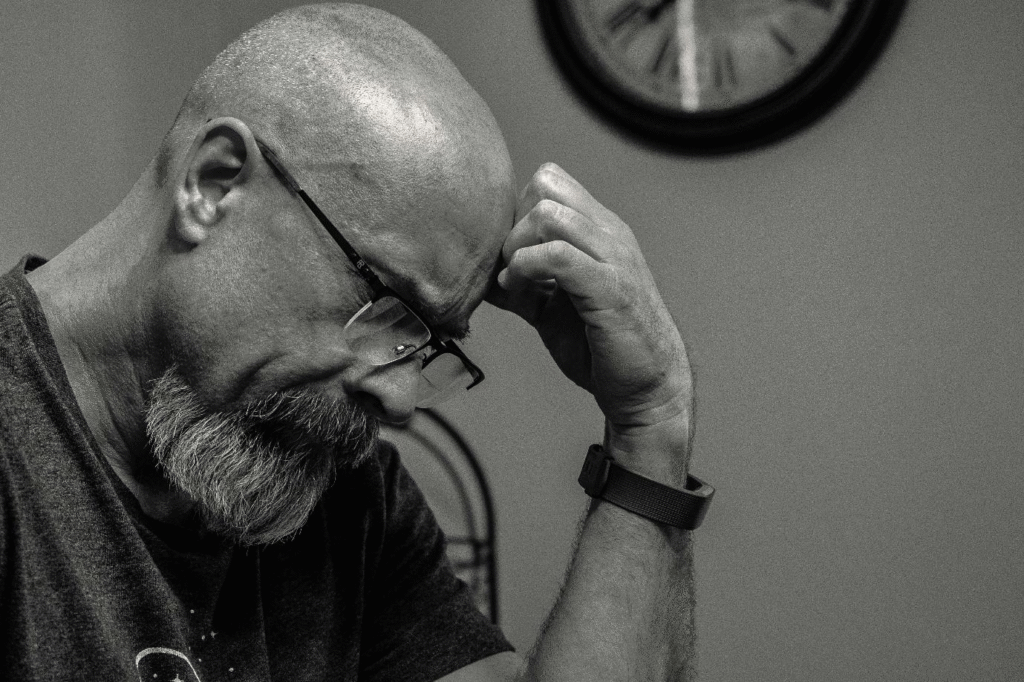Have you ever walked into a room and felt as if everyone was staring at you? Maybe there was a small stain on your shirt, a stumble while walking, or a slip of the tongue during a presentation. In those moments, it feels like every single person around you is paying close attention and silently judging. Psychologists have a name for this common illusion: The Spotlight Effect.
This bias creates the belief that others notice our mistakes, appearance, or behavior far more than they actually do. The truth is that most people are so absorbed in their own thoughts and responsibilities that they rarely notice the small details about others. By understanding how The Spotlight Effect works, why it happens, and how to overcome it, we can reduce unnecessary self-consciousness and approach life with more confidence.

What Is The Spotlight Effect?
The Spotlight Effect is the tendency to overestimate how much attention other people give to us. We imagine ourselves as standing on a stage, under a bright spotlight, with the audience watching our every move.
In reality, the “audience” is usually preoccupied with their own worries. That coffee stain you were convinced ruined your day may have gone completely unnoticed, and that awkward pause during your meeting was likely forgotten within moments. The illusion of constant observation makes us feel more vulnerable than we actually are.
The Psychological Evidence Behind It
The term The Spotlight Effect was introduced by researchers Thomas Gilovich and Kenneth Savitsky in the late 1990s. Through experiments, they demonstrated how people consistently overestimate how much others notice them.
In one famous study, volunteers were asked to wear T-shirts featuring an image they found embarrassing. Afterward, they were asked to estimate how many of their peers noticed the shirt. Most participants believed nearly half of the group had paid attention. In reality, the number was far smaller.
This experiment revealed a consistent bias: because we are so aware of ourselves, we assume others must be equally focused on us. In truth, the level of attention we imagine is usually much greater than reality.
Why Do We Experience The Spotlight Effect?
Several psychological and emotional factors contribute to this illusion:
- Egocentric thinking – Humans naturally see the world from their own perspective. Since we are the center of our own experience, it feels like we are the center of others’ experiences too.
- Heightened self-consciousness – When we worry about how we look, speak, or behave, small slip-ups can feel magnified.
- Strong memory of our own mistakes – We replay awkward moments in our minds, assuming others are doing the same.
- Fear of judgment – Because we want to be respected and accepted, we imagine others are scrutinizing us more closely than they actually are.
Everyday Examples of The Spotlight Effect
This bias shows up in many common situations:
- Thinking everyone noticed you tripped on a step.
- Believing your presentation was ruined by one mispronounced word.
- Assuming colleagues are still talking about a comment you made last week.
- Worrying your mismatched socks drew everyone’s attention.
In almost all of these cases, others either didn’t notice or forgot within seconds. Most people are focused on their own challenges, not ours.
The Spotlight Effect and Social Anxiety
For people who struggle with social anxiety, The Spotlight Effect can be especially intense. They may replay conversations, convinced that others noticed their nervousness, stumbles, or mistakes.
Take a student giving a class presentation as an example. They might believe their shaky hands or nervous pauses were obvious to everyone. In reality, classmates were likely concentrating on their own parts or distracted by their own thoughts. Recognizing this bias is crucial for easing anxiety and improving self-confidence.

Why Understanding This Bias Matters
Learning about The Spotlight Effect has practical benefits:
- Reduced anxiety – Realizing that people aren’t paying as much attention as you think can calm nerves.
- Improved performance – Athletes, public speakers, and professionals perform better when not weighed down by imagined judgment.
- Stronger social connections – When we stop over-focusing on ourselves, we listen better and engage more naturally with others.
- Greater freedom – Understanding this bias encourages people to take chances, speak up, and enjoy life without fear of constant scrutiny.
Strategies to Overcome The Spotlight Effect
While it may not disappear completely, there are ways to weaken its influence:
- Shift attention outward – Focus on the task or the person you’re engaging with instead of how you appear.
- Challenge assumptions – Ask yourself: Did people really notice, or am I exaggerating in my head?
- Practice perspective-taking – Remember that others are busy with their own worries, just like you.
- Increase exposure – The more you participate in social or professional situations, the less overwhelming the illusion becomes.
- Accept imperfection – Everyone makes mistakes, and most slip-ups are quickly forgotten.
The Spotlight Effect in the Digital Age
Modern technology has amplified this illusion. Social media platforms such as Instagram, TikTok, and Facebook create environments where people often feel constantly watched. A photo, post, or story may seem like it’s being judged by hundreds of followers.
In truth, most users scroll quickly, offering only fleeting attention. Recognizing this can help reduce online pressure and promote more authentic self-expression. By remembering that digital “spotlights” are just as misleading as real-life ones, people can post, share, and interact with greater ease.
Conclusion
The Spotlight Effect is a powerful reminder that while we often feel like the center of attention, others are usually far less focused on us than we believe. People are primarily concerned with their own experiences, not with analyzing every detail of ouBy understanding this psychological bias, we can reduce unnecessary self-consciousness, build confidence, and embrace opportunities without the heavy burden of imagined judgment. The next time you feel like all eyes are on you, remember: the spotlight exists mostly in your own mind.